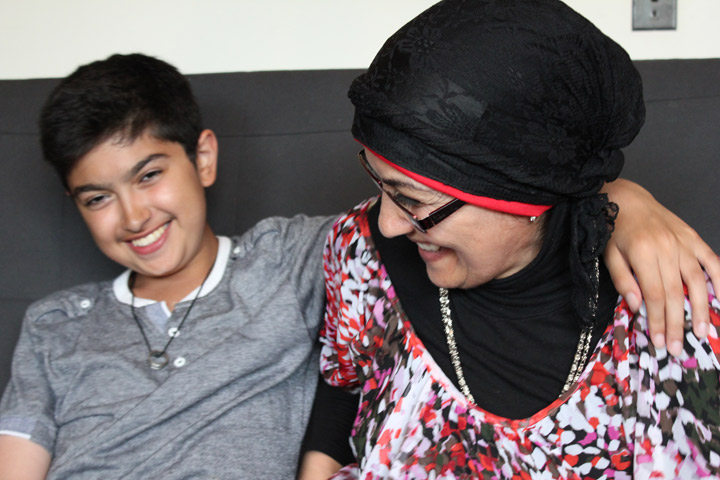On Friday, a federal court found that Ottawa’s cuts to refugee health care violate the Charter and constitute “cruel and unusual” treatment.

Ottawa plans to appeal.
READ MORE: Refugee health cuts violate charter, court says
What does the ruling say?
Yes, Ottawa has the right to decide how its social services work and to whom they apply. But cutting coverage for failed claimants or those awaiting their status constitutes “the intentional targeting of an admittedly poor, vulnerable and disadvantaged group for adverse treatment,” the ruling states.
Ottawa “has intentionally set out to make the lives of these disadvantaged individuals even more difficult than they already are in an effort to force those who have sought the protection of this country to leave Canada more quickly, and to deter others from coming here.” And the resulting “treatment” to which refugee claimants – especially children – are subject is “cruel and unusual.”
That perpetuates “the historical disadvantage suffered by members of an admittedly vulnerable, poor and disadvantaged group,” Justice Anne Mactavish writes.
READ MORE: Iraqi family stuck in limbo years after refugee claim refused
What’s “cruel and unusual treatment”?
Section 12 of the Charter of Rights and Freedoms states that everyone has the right “not to be subjected to any cruel and unusual treatment or punishment.” This includes anything that degrades human dignity, is out of proportion to the offence or shocks the public conscience.
It’s rare for Canadian court rulings to cite it – especially in cases unrelated to the penal system.
“Most people thought that Canada was kind of past that,” said Audrey Macklin, Chair in Human Rights Law at the University of Toronto and executive member of the Canadian Association of Refugee Lawyers.
“There hasn’t been much occasion in Canadian policy, whether criminal or otherwise, to see government actions that would amount to being cruel and unusual treatment or punishment because the standard and threshold is so high.”
Justice Mactavish’s ruling also notes the bar to prove “cruel and unusual” is high. And the health cuts aren’t a punishment, per se, her ruling finds. But they do constitute “cruel and unusual treatment of a poor, vulnerable and disadvantaged group.”
What does this mean for refugee claimants?
Nothing for at least four months – longer if the feds successfully get a stay pending an appeal. But if Ottawa’s forced to change its policy, whatever it comes up with will have to offer the same level of coverage as the pre-cuts plan, refugee lawyers say.
What does this mean for provinces?
Several provinces – including Ontario, Alberta, Saskatchewan, Manitoba, Nova Scotia and Quebec – have stepped in to cover the care the federal program would normally provide. In theory, this latest decision will force the feds to foot the bill.
What does this mean for health-care practitioners?
Doctors across the country say they saw the impacts of these cuts first-hand. Women were left without prenatal care, children without treatment and diabetics denied insulin they need to stay alive.
Many have noted the confusion the cuts caused physicians, some of whom may have mistakenly denied care to people who still qualify. Changes could simplify things.
What happens now?
The ruling gives the government four months to amend the law and enact a new policy. If they don’t, this one will simply be tossed out.
But Immigration Minister Chris Alexander said Ottawa plants to appeal the decision.
“We remain committed to putting the interests of Canadians and genuine refugees first,” he was quoted as saying in an email from his office.
“Failed claimants and those from safe countries like the US or Europe should not be entitled to better health care than Canadians receive. We will vigorously defend the interests of Canadian taxpayers and the integrity of our fair and generous refugee determination system.”
If they do, the government could seek to stay the ruling and stave off that four-month deadline.
Their opposition’s ready.
“I look forward to litigating it, relying on the findings of fact that there was no evidence to support that this had any positive effect,” said Lorne Waldman, president of the Canadian Association of Refugee Lawyers and lead counsel on the case.
READ: Federal court ruling on refugee health care


Comments